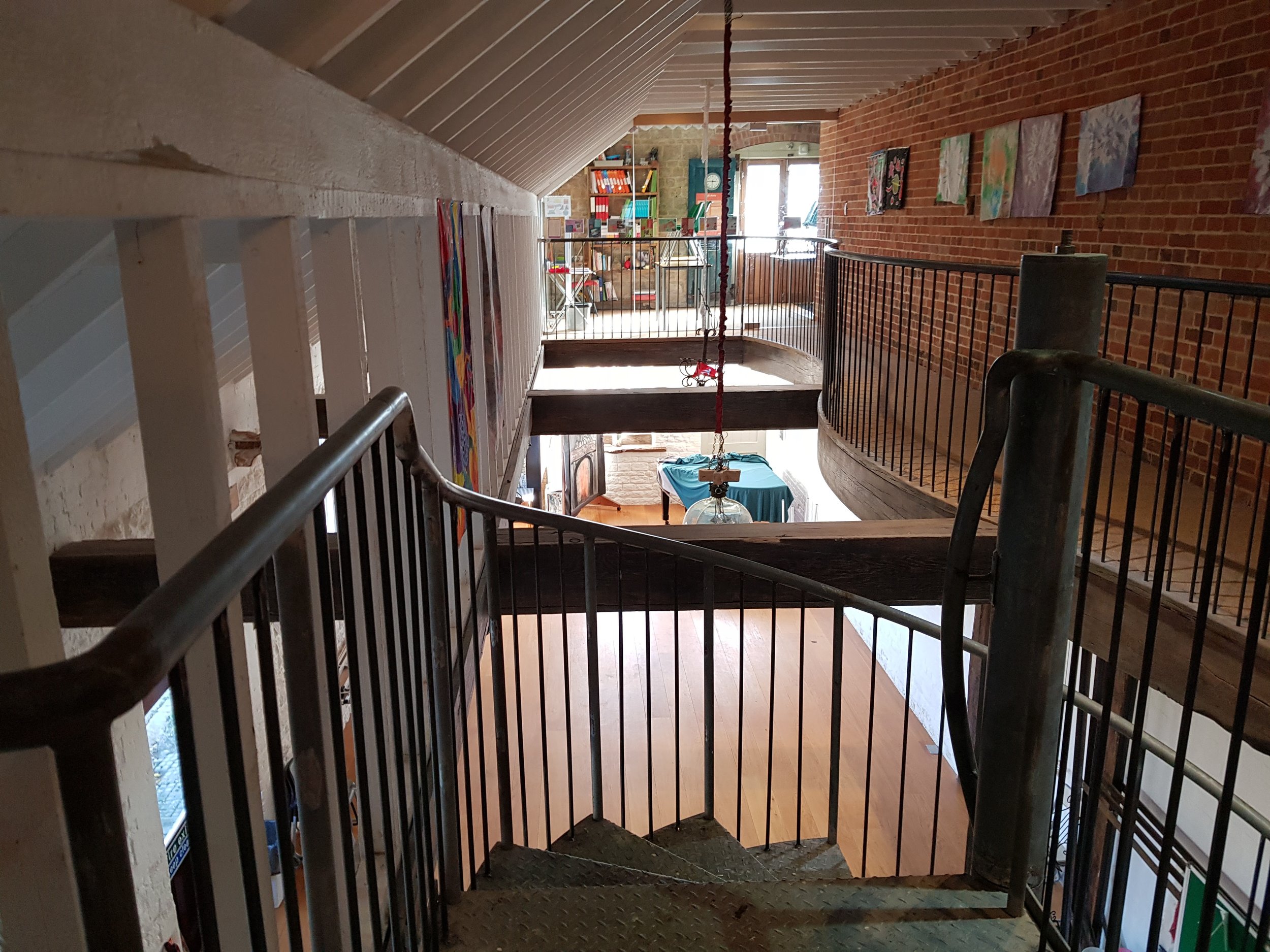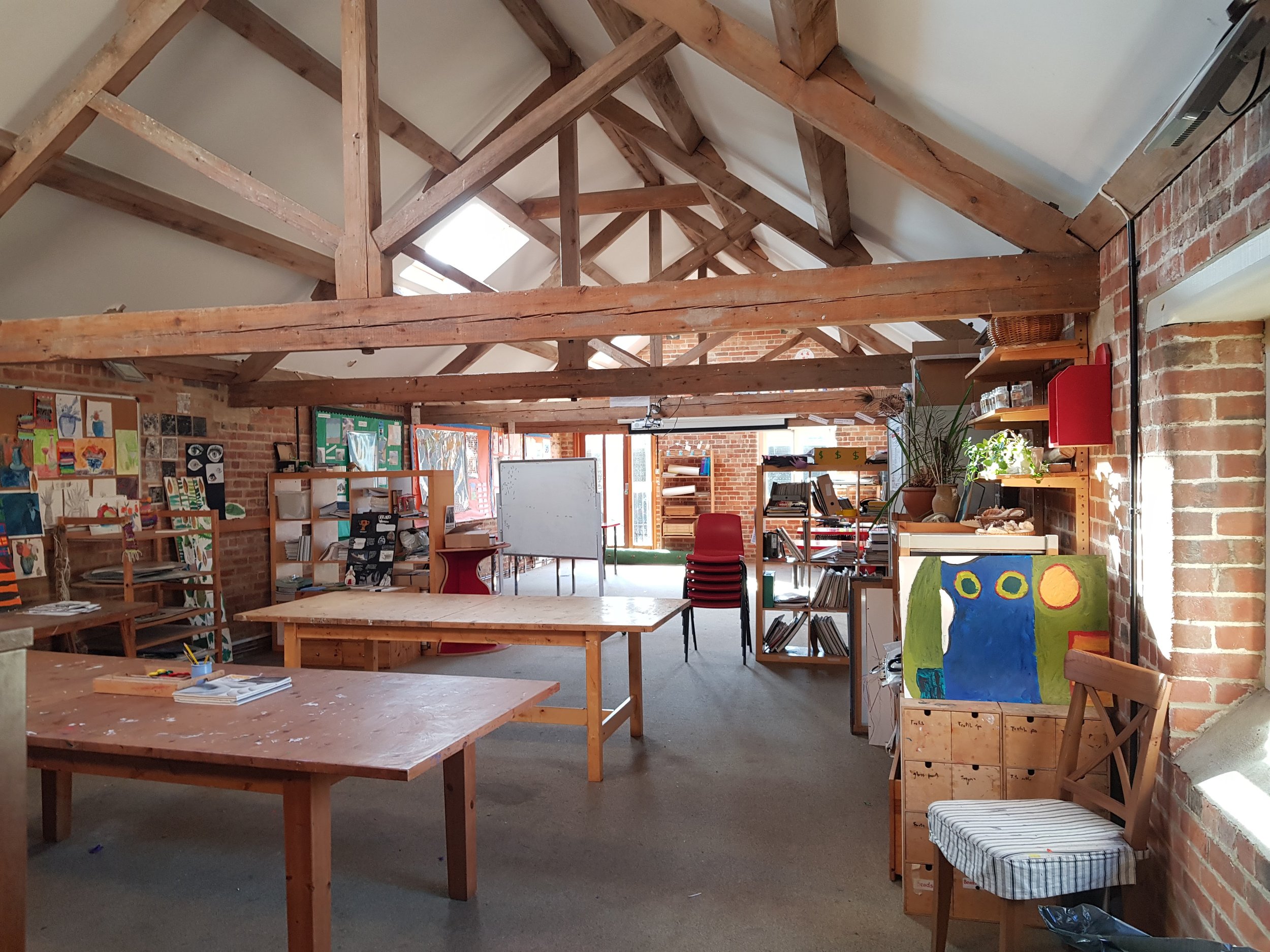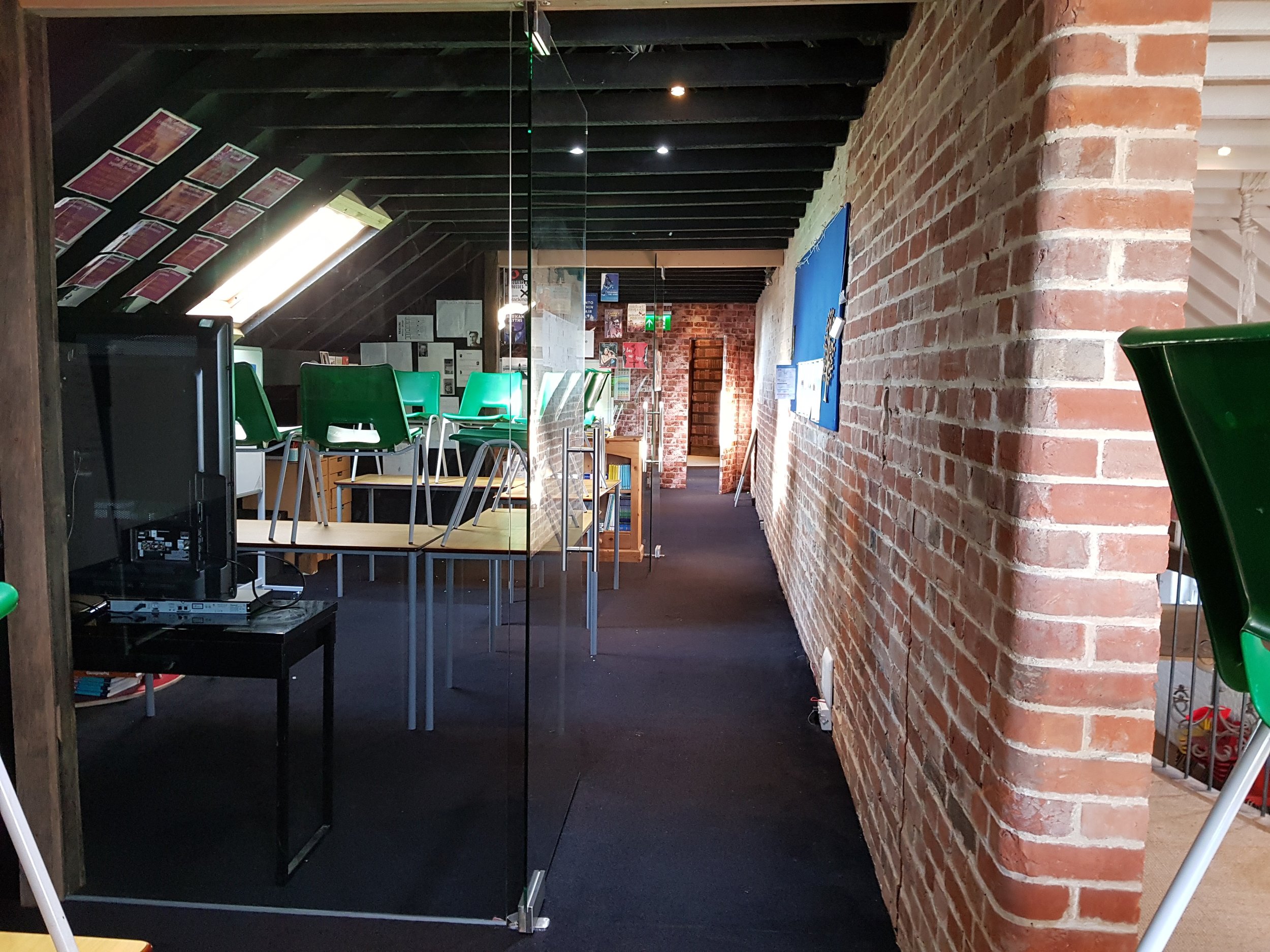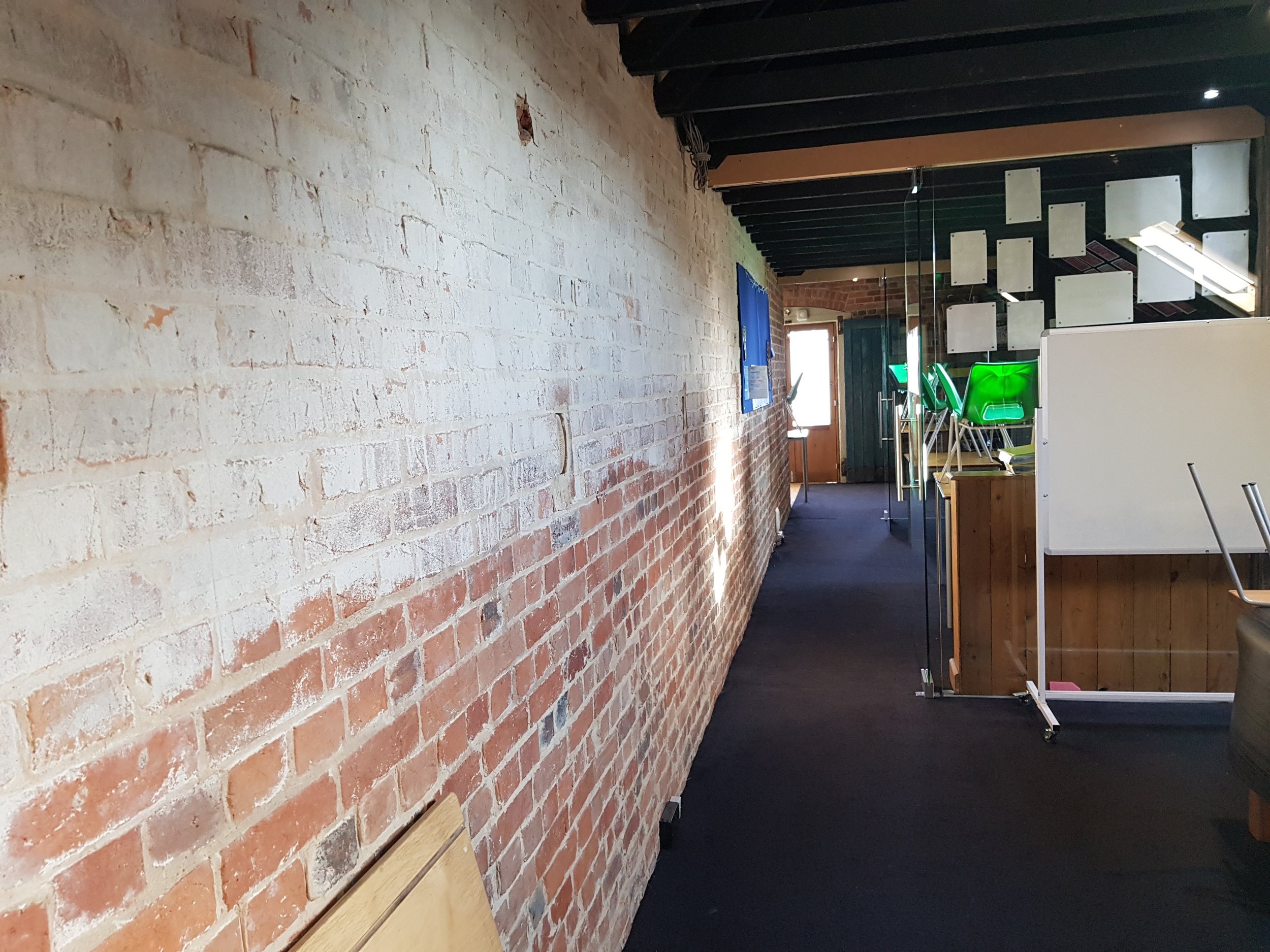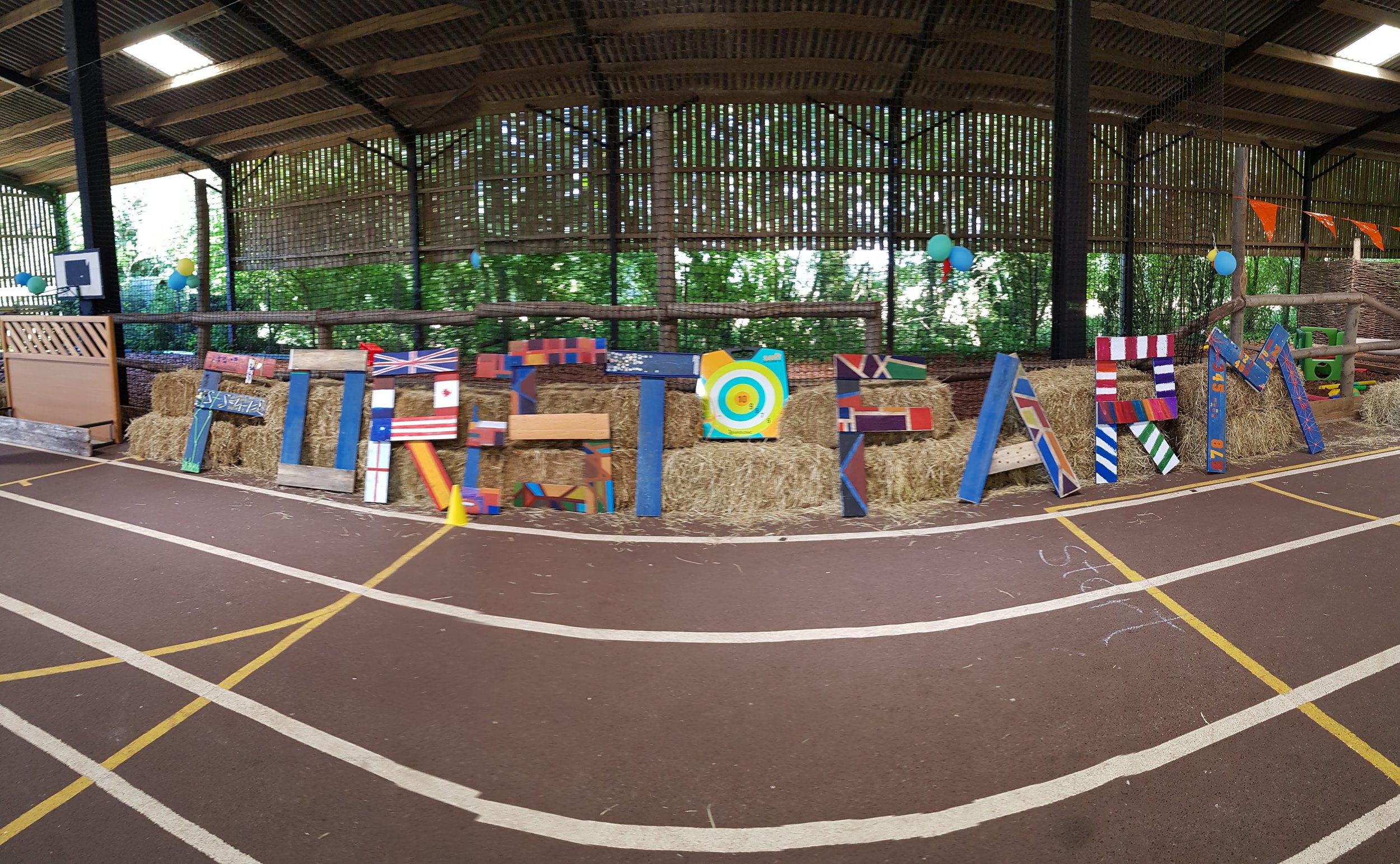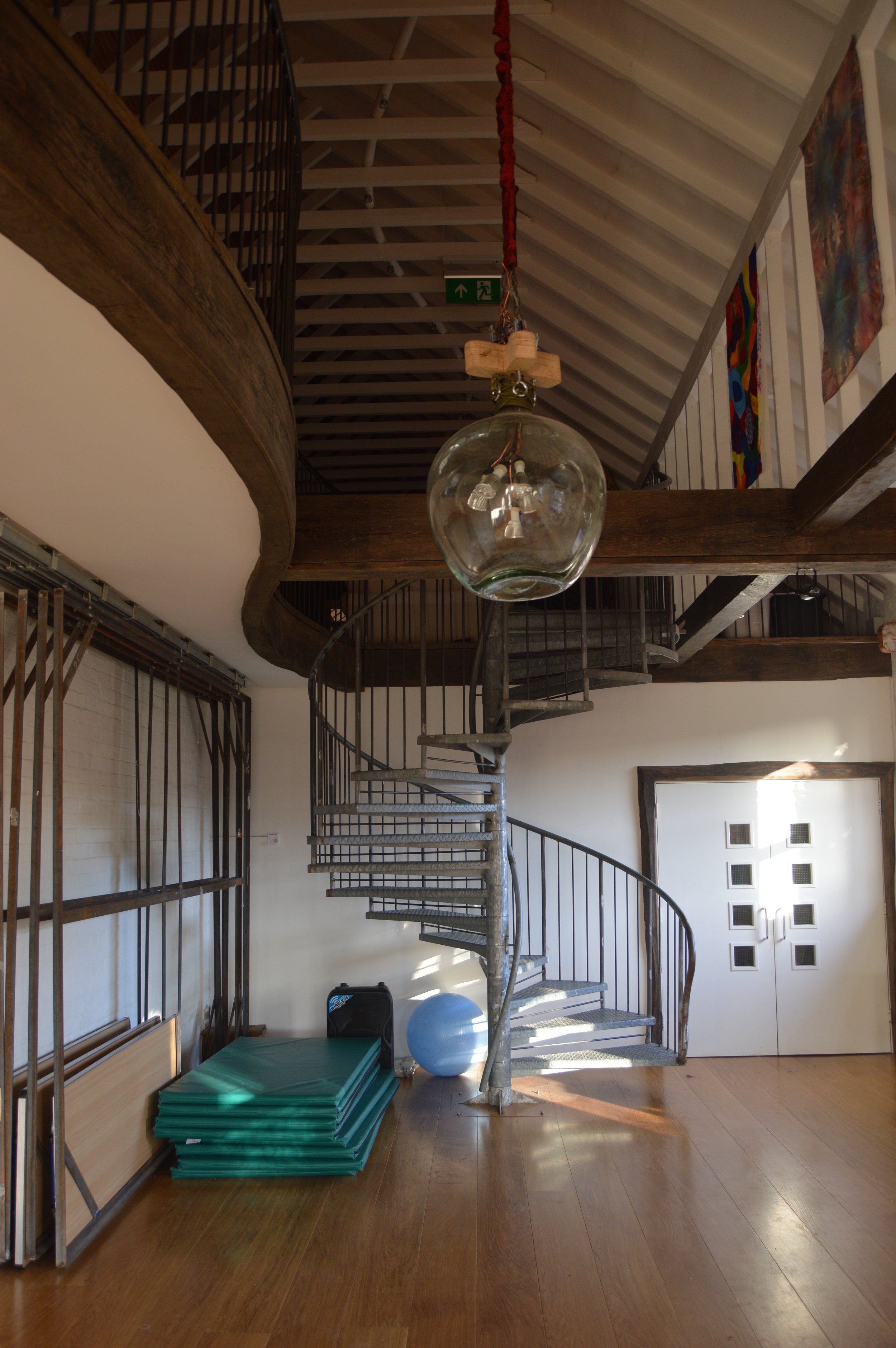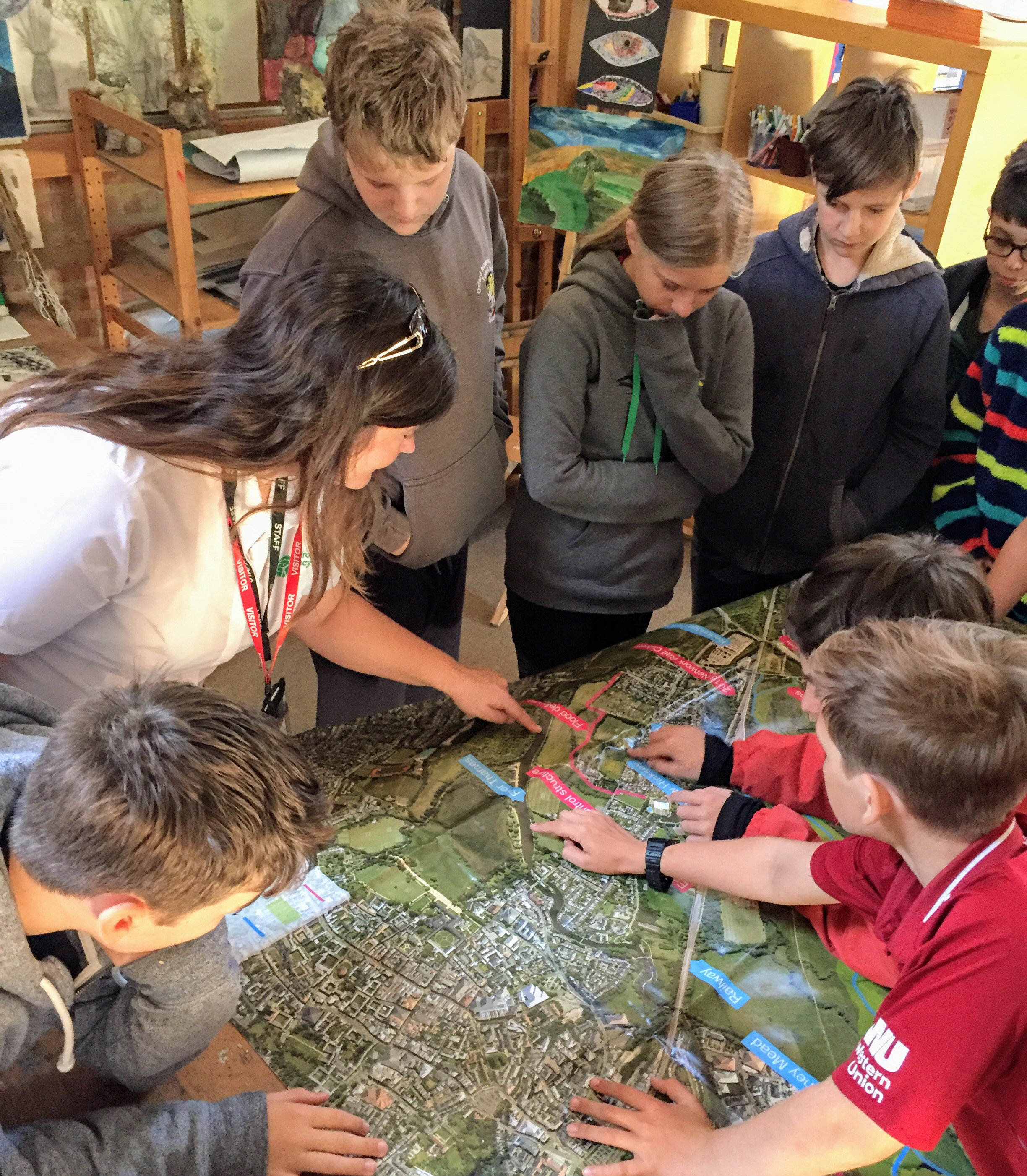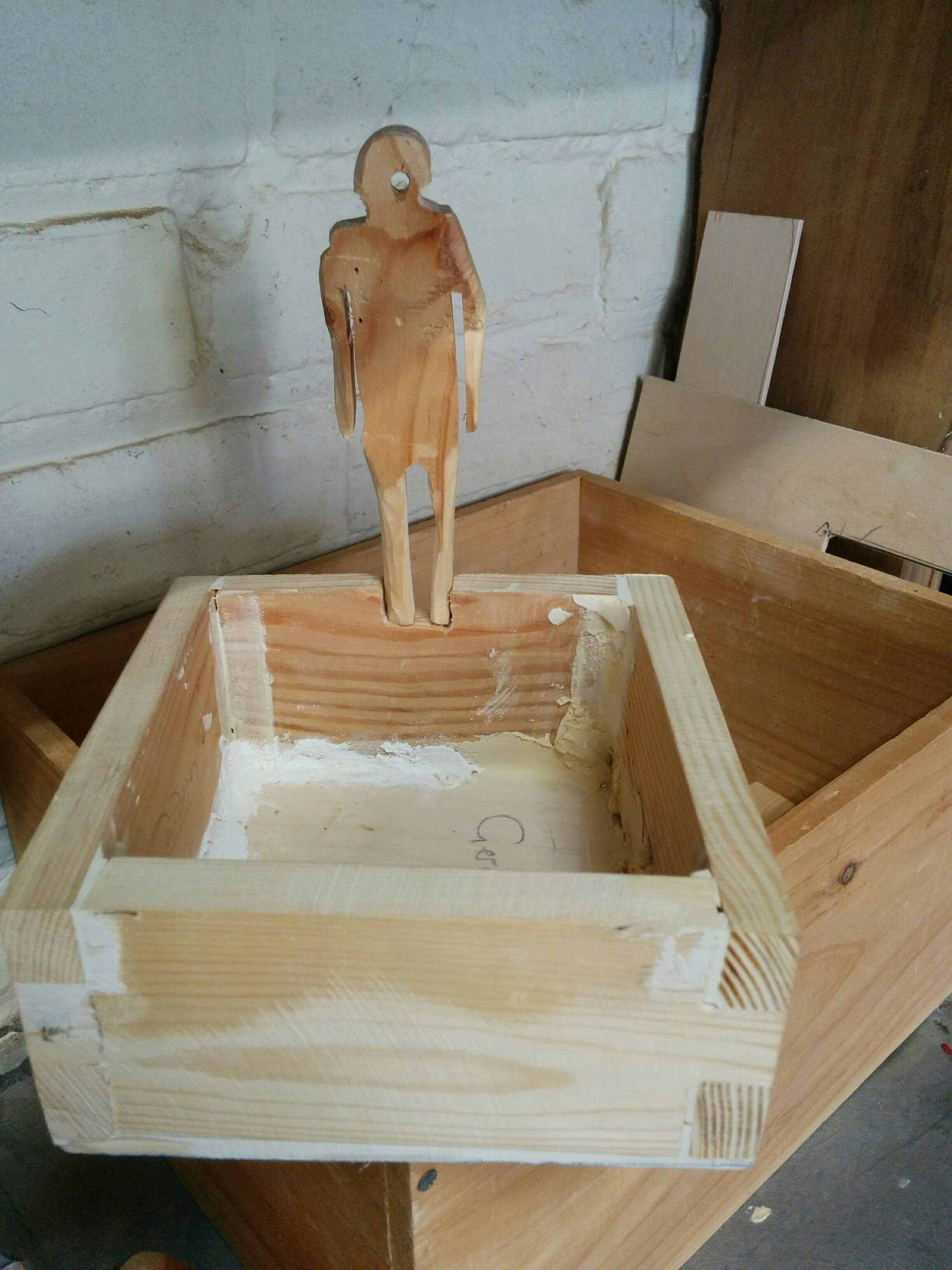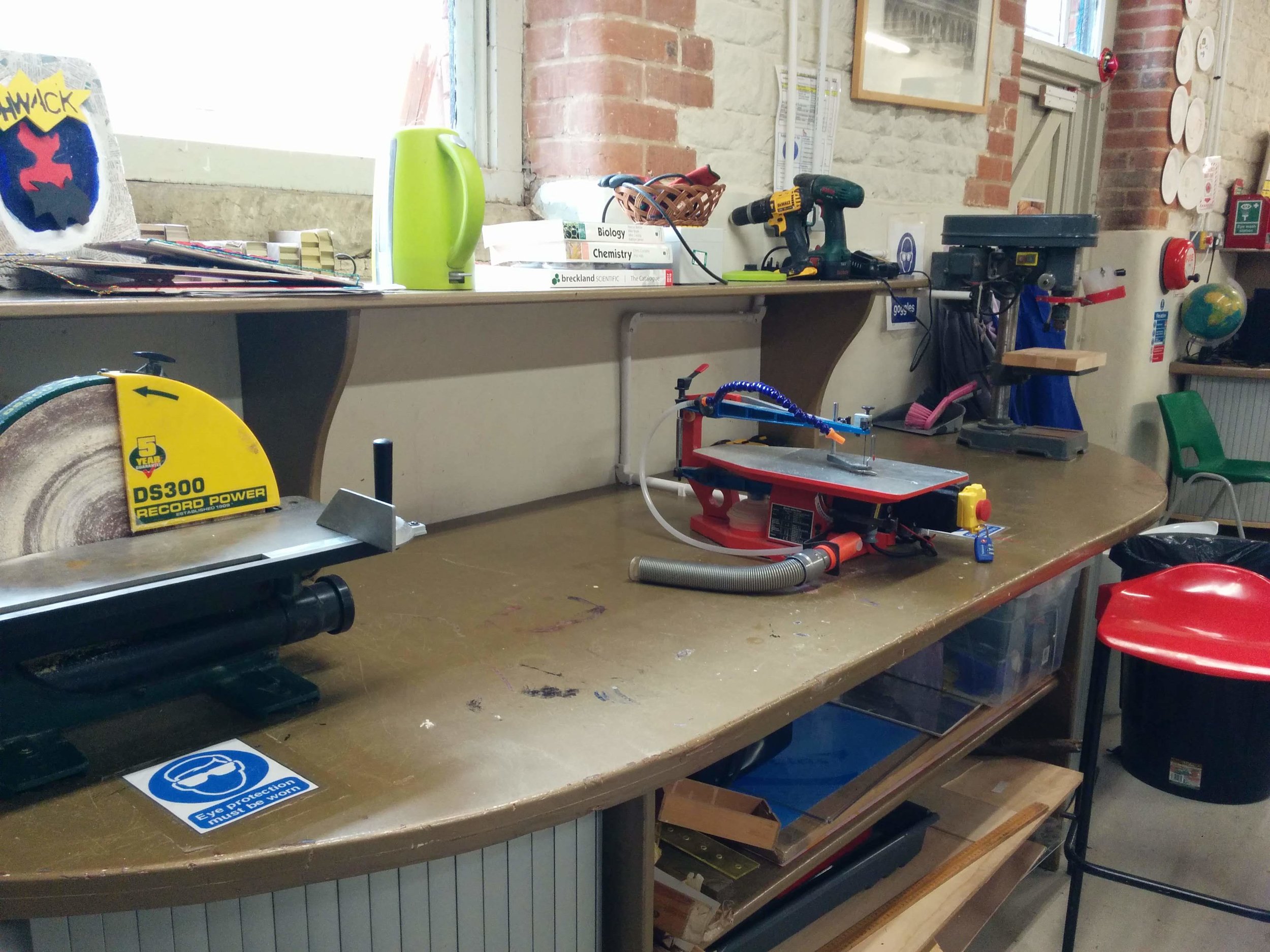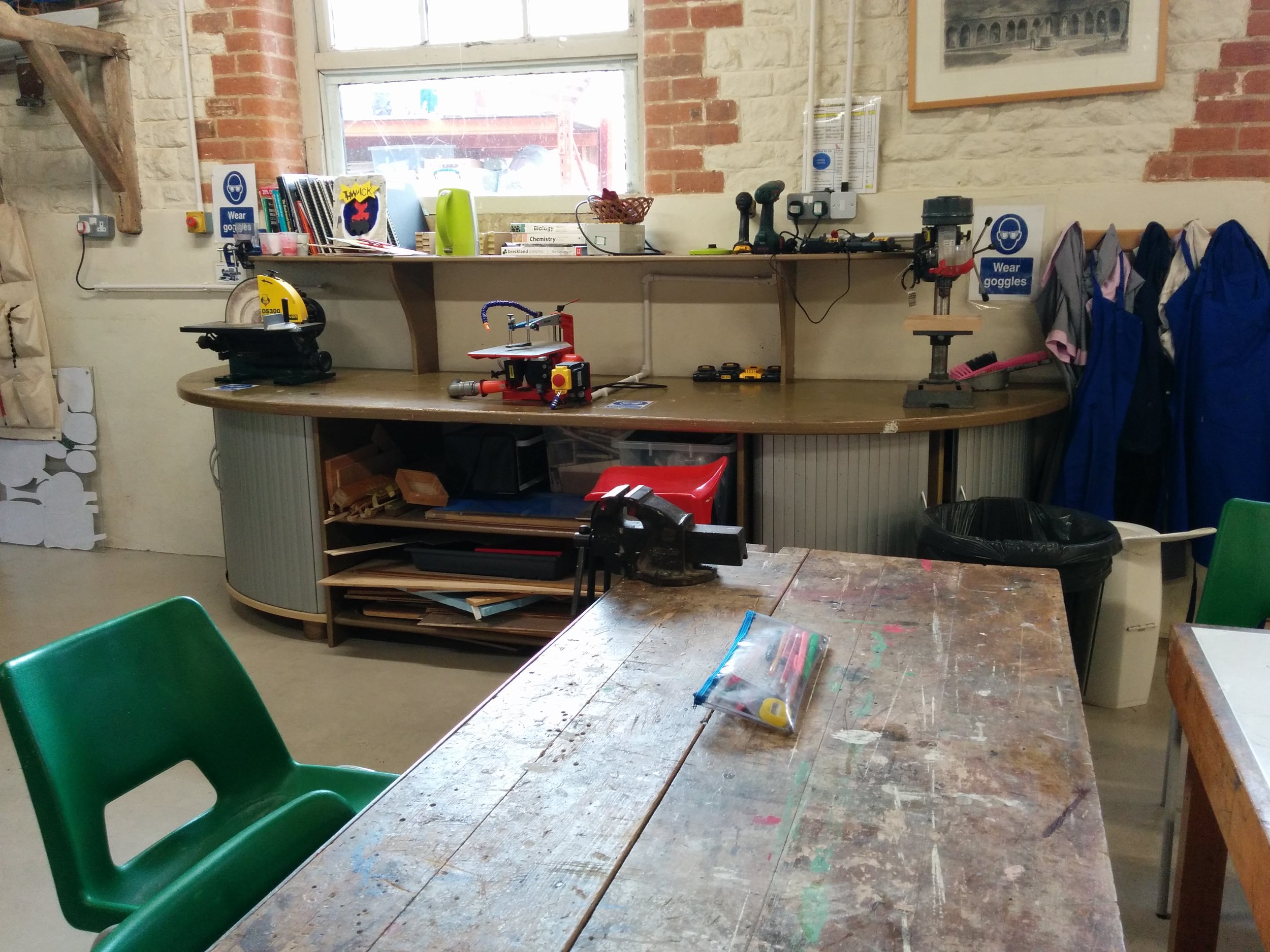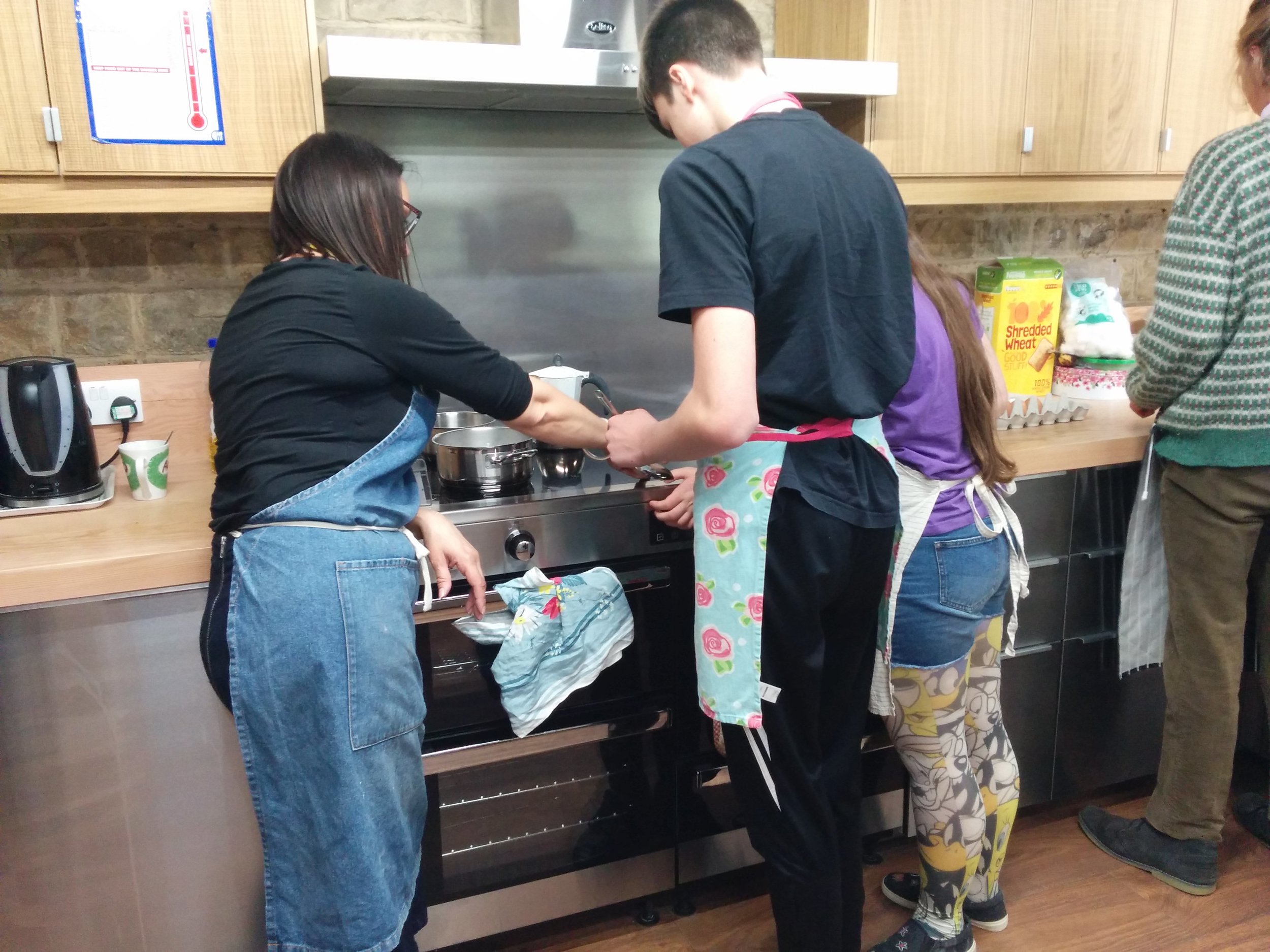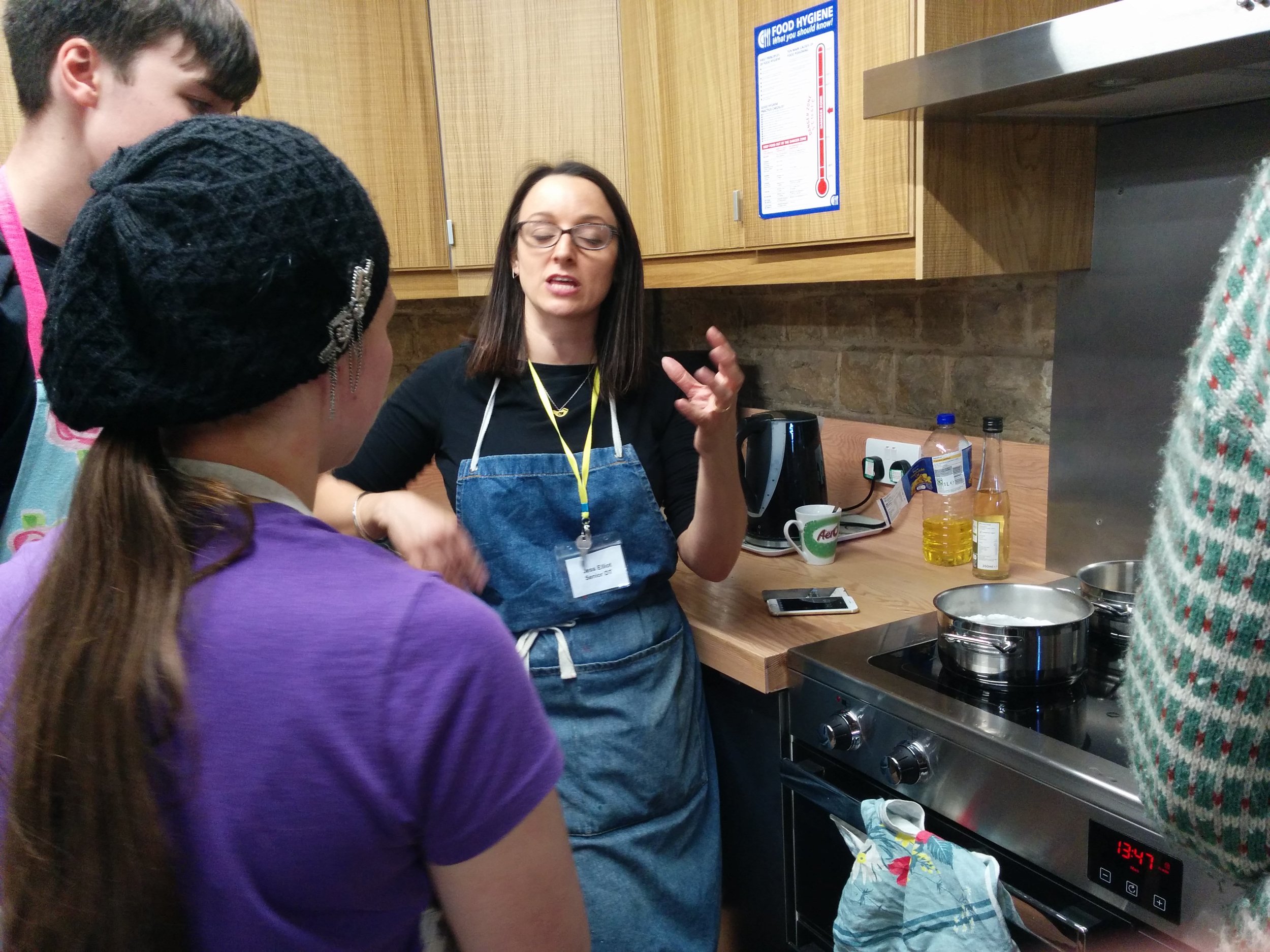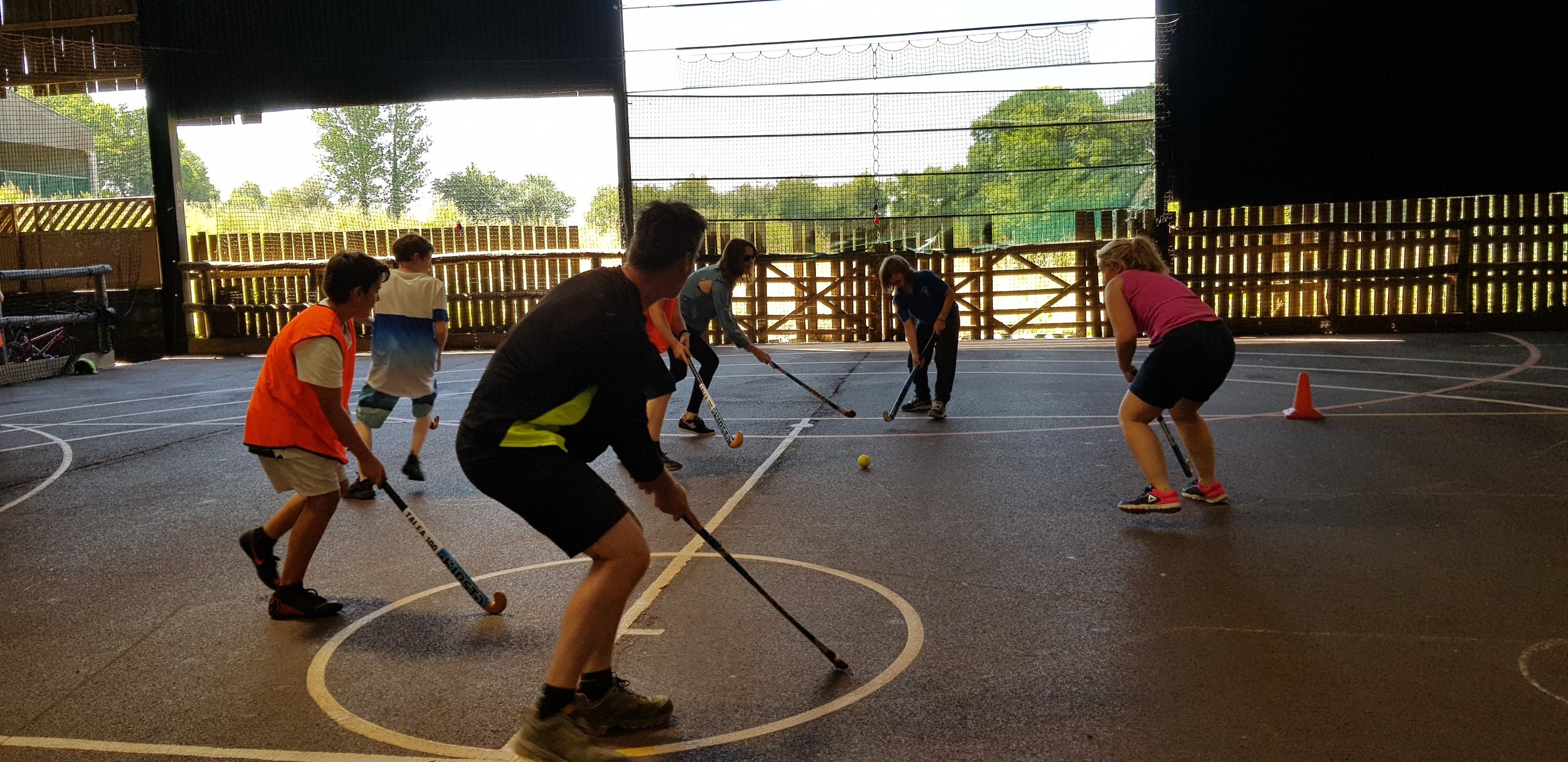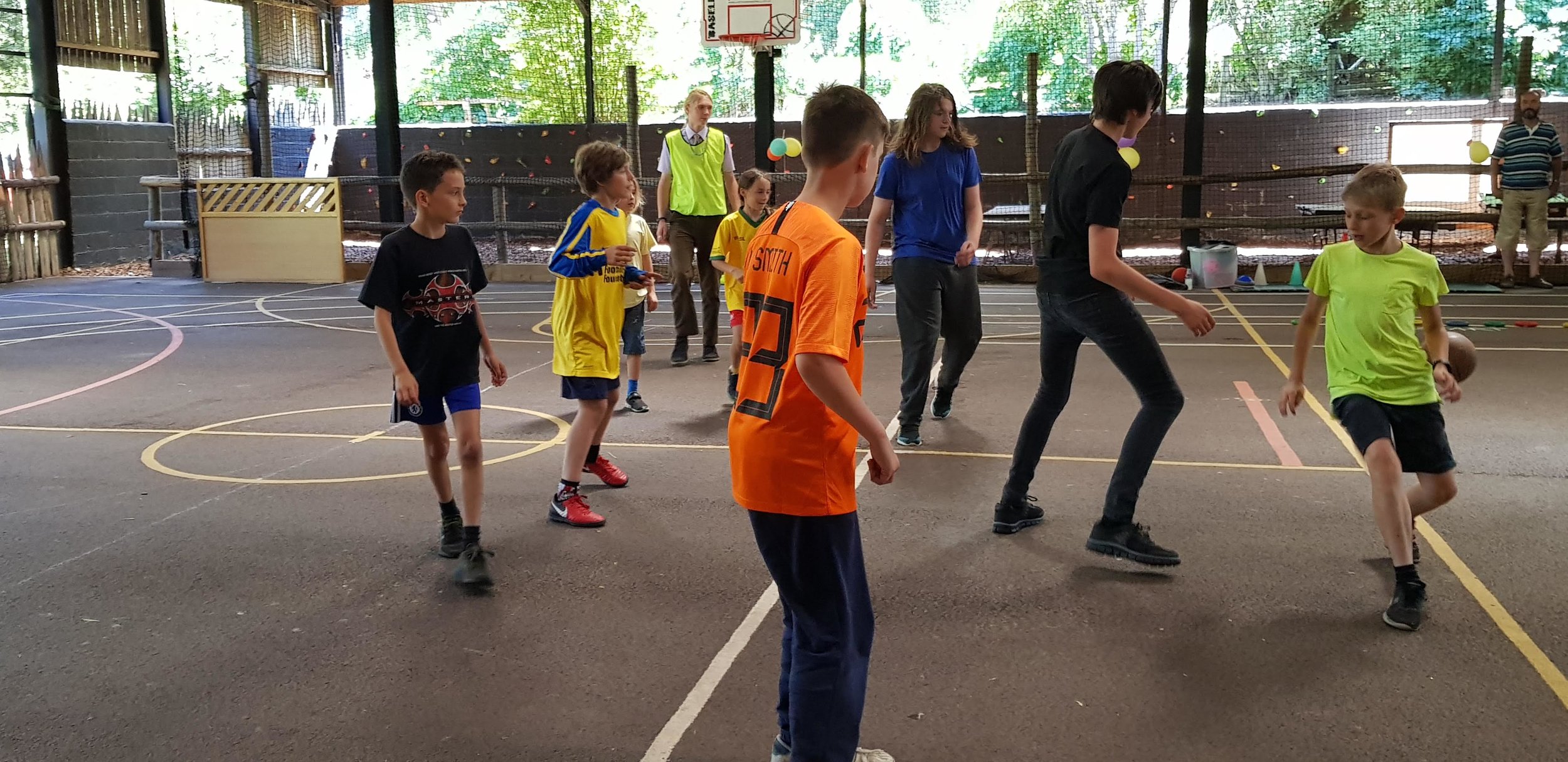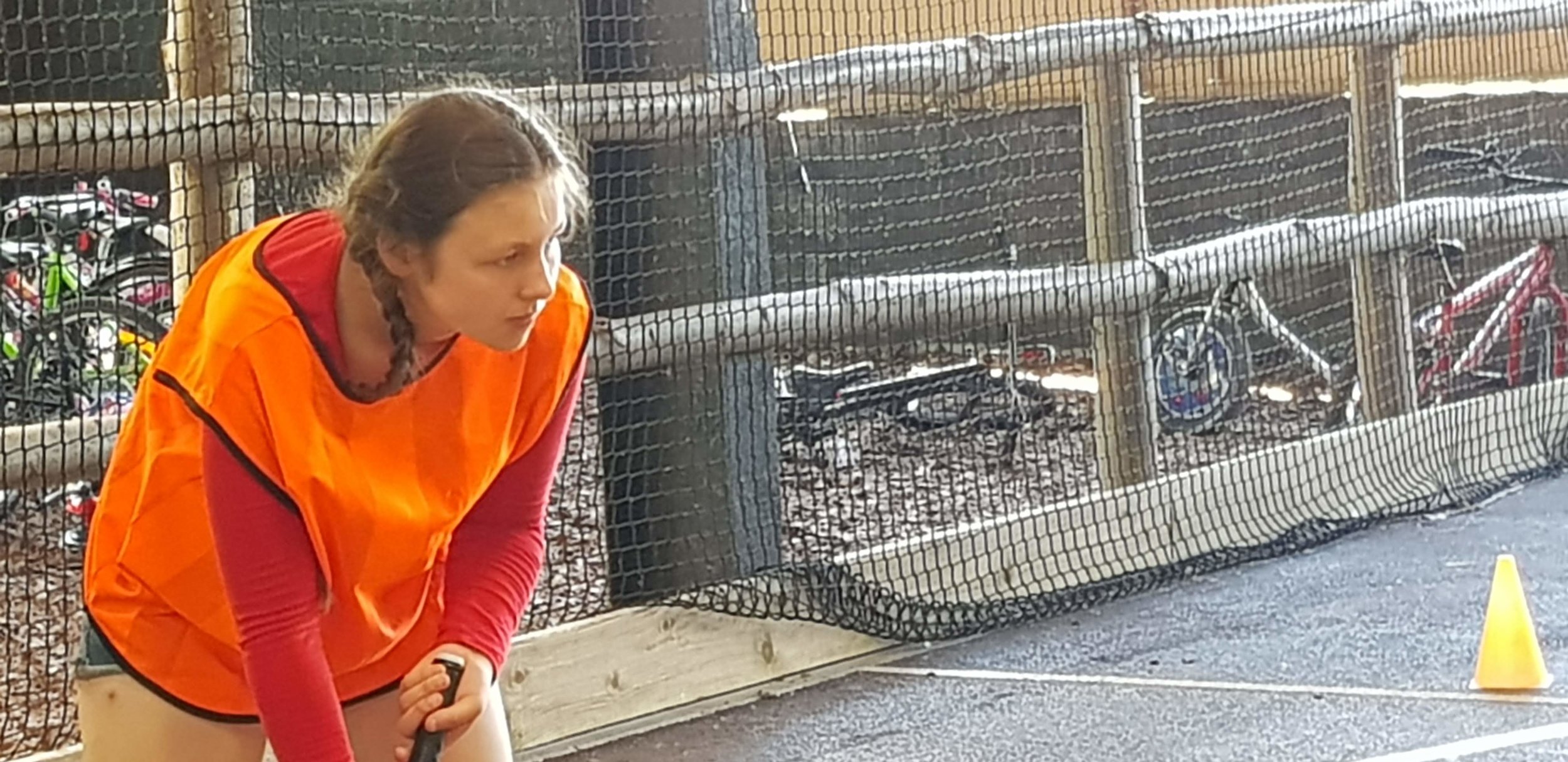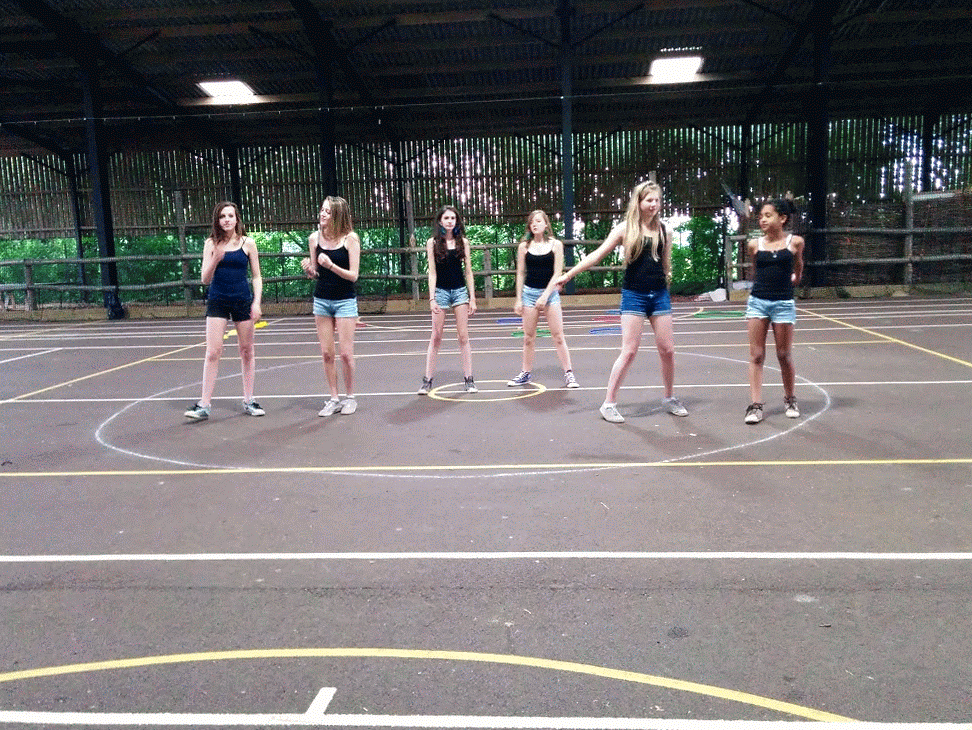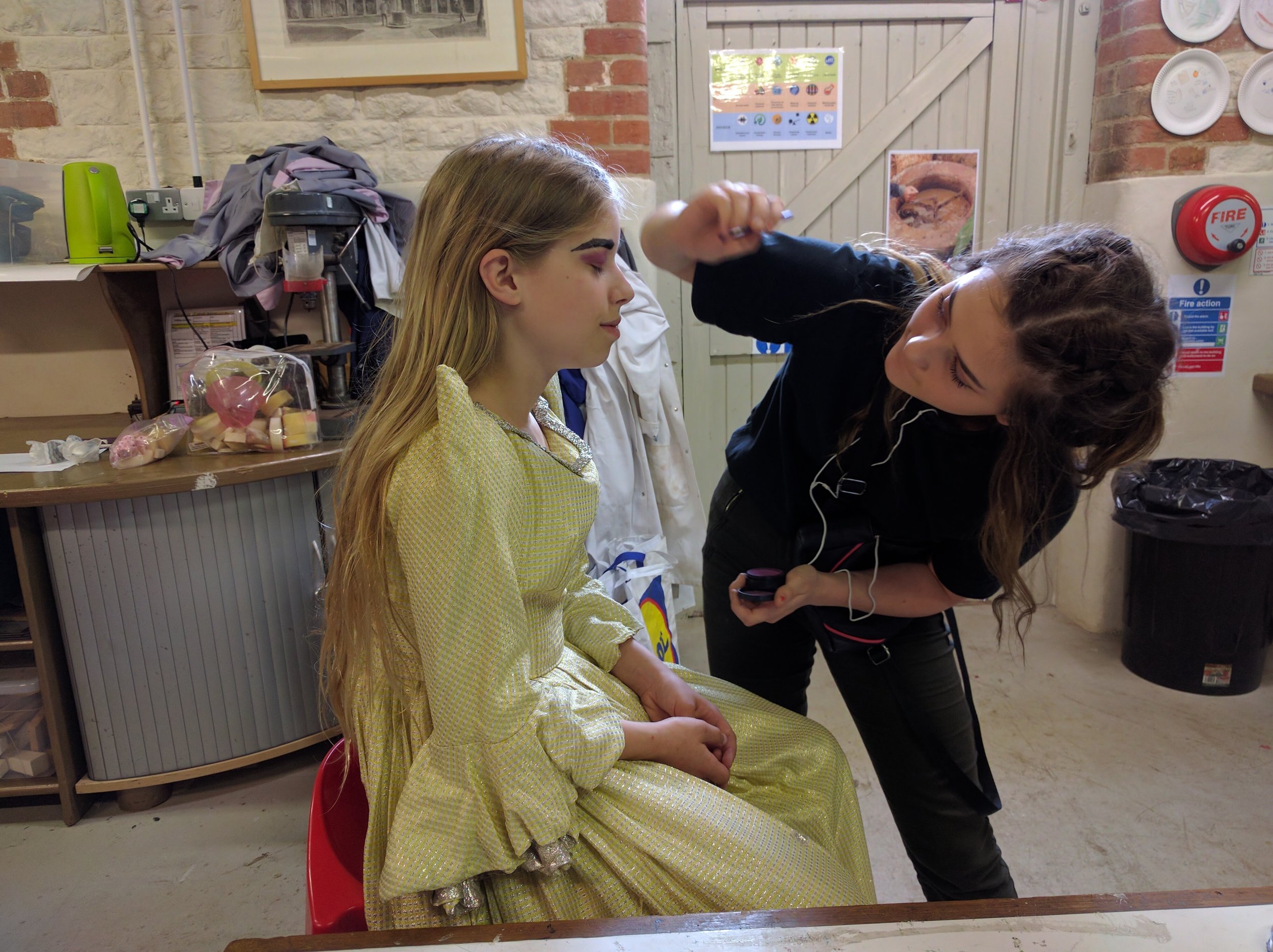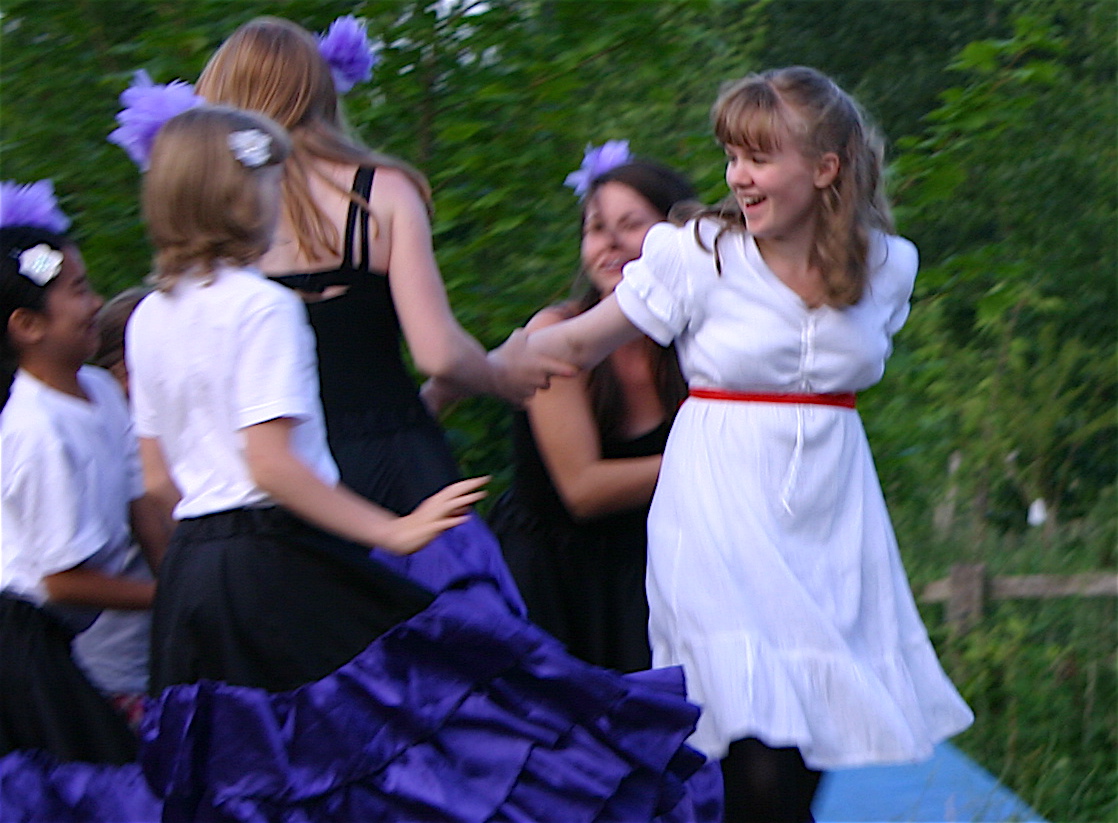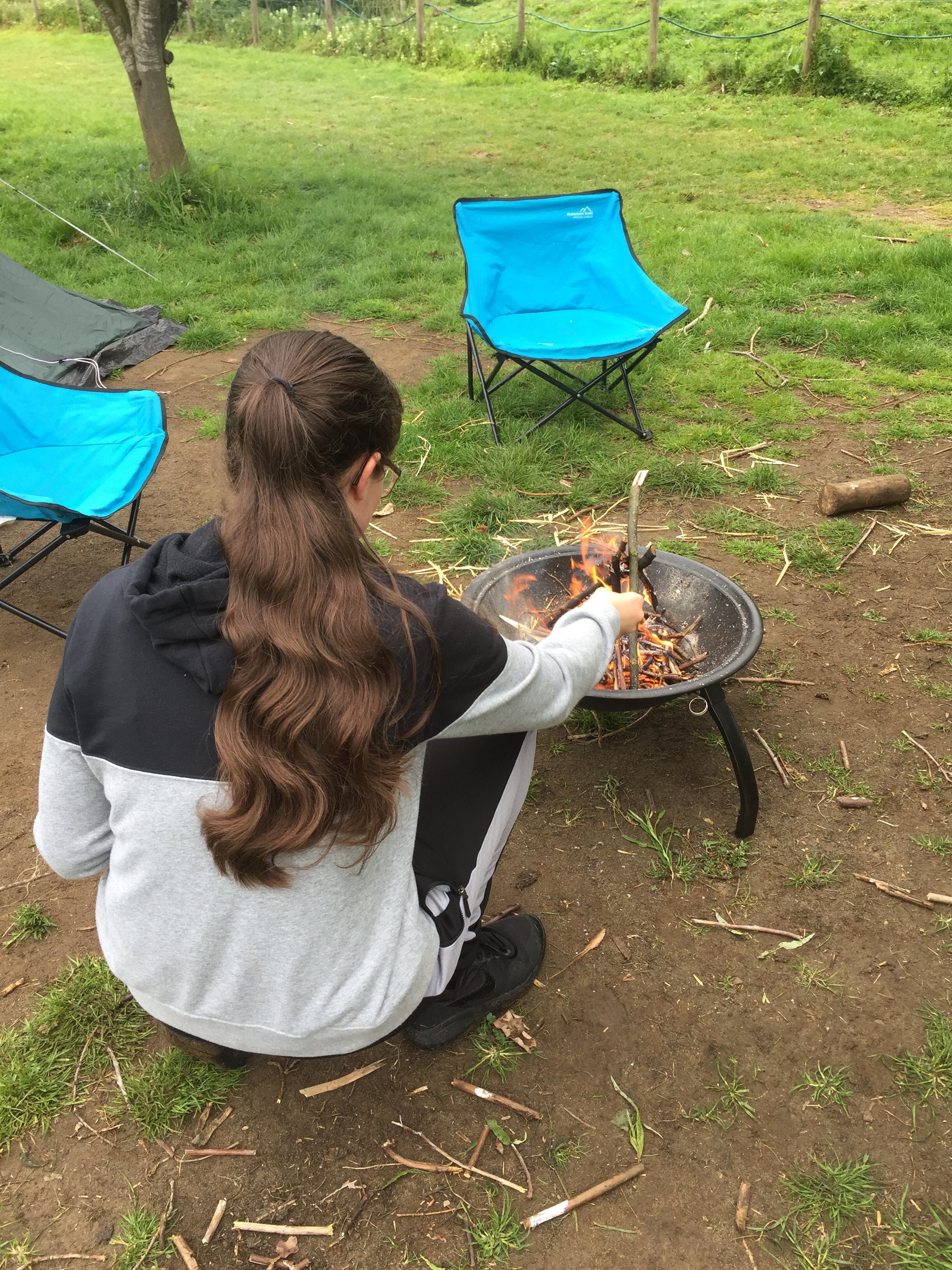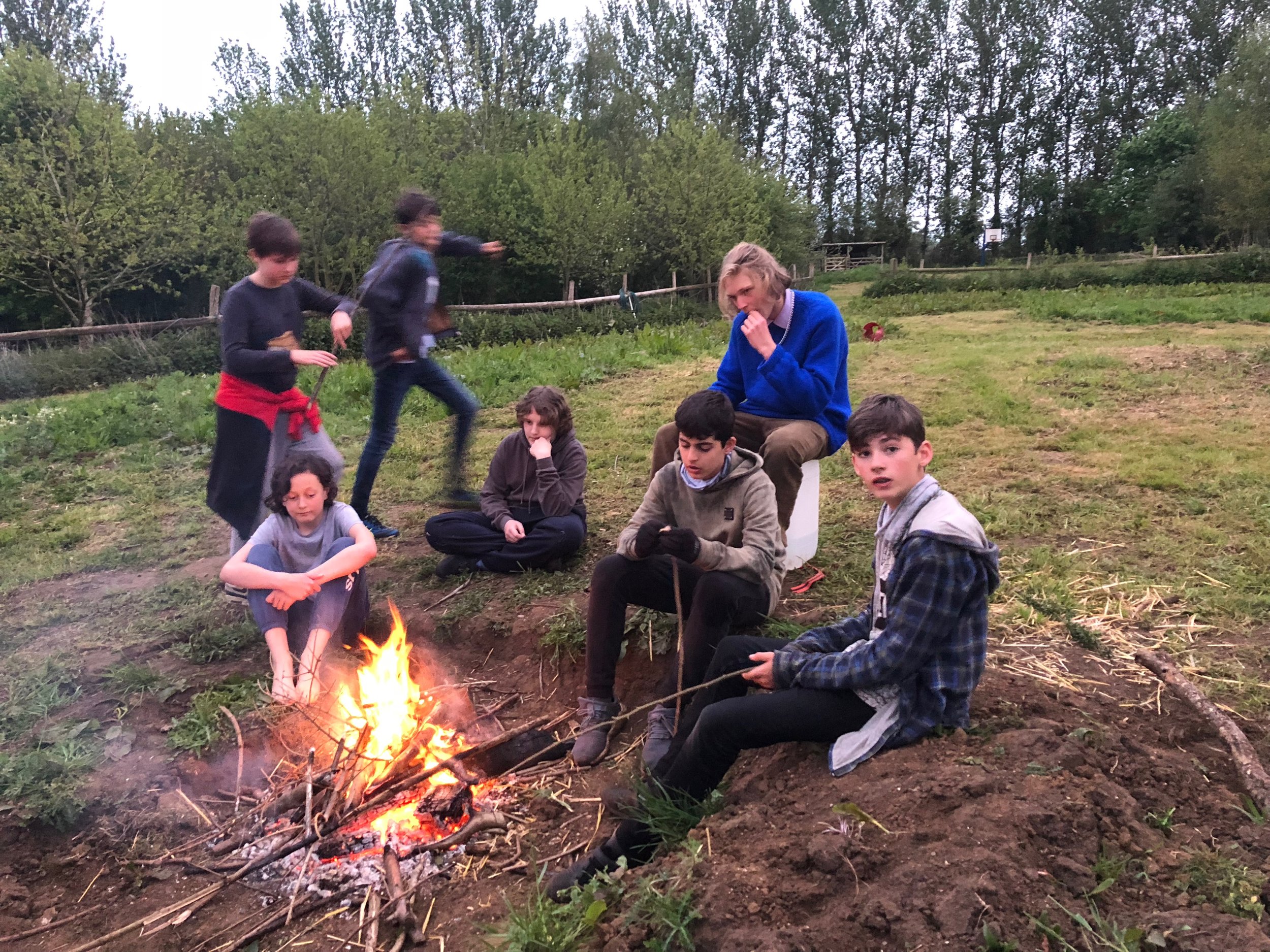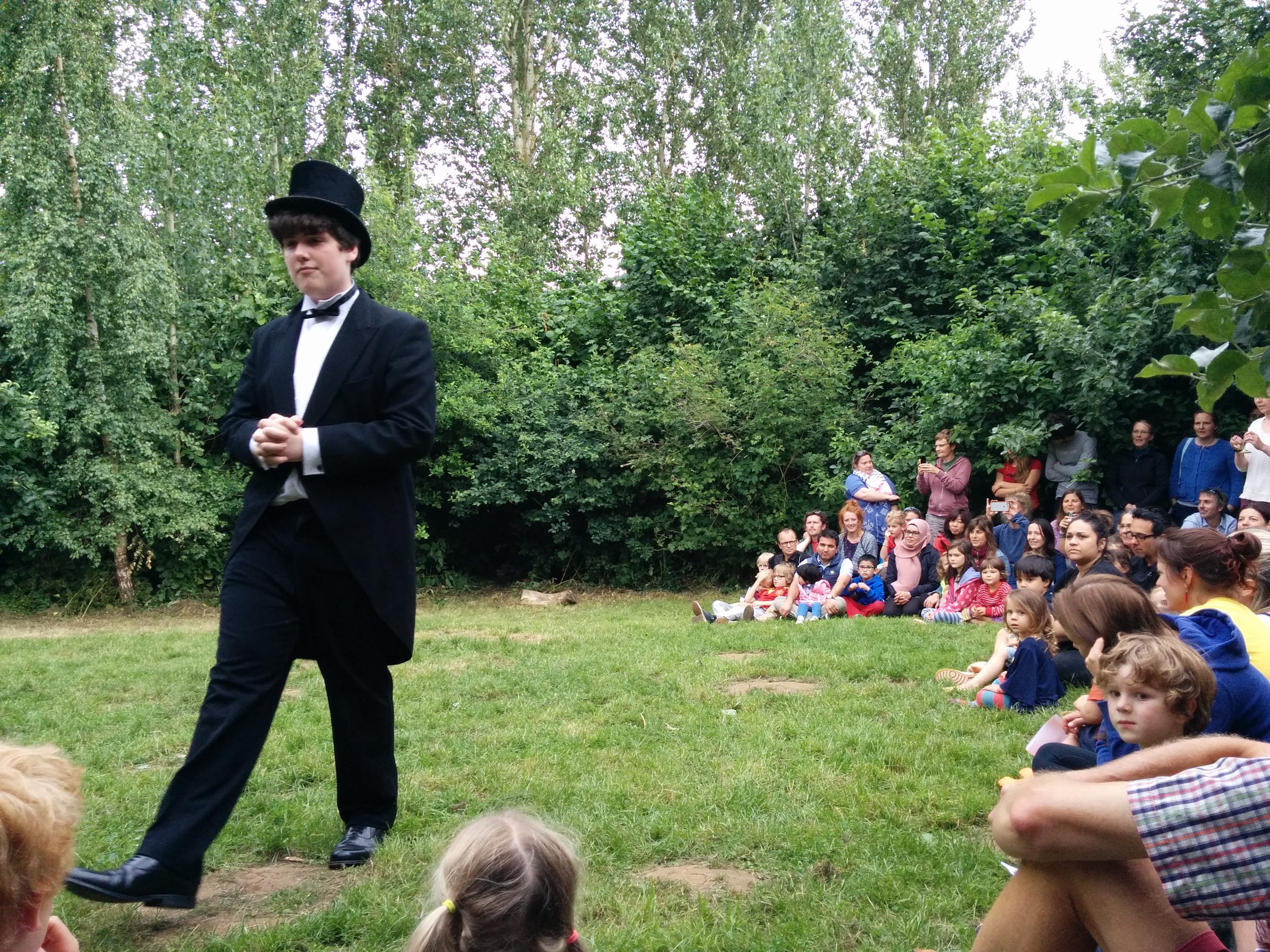School re-imagined…
Our beliefs and values
Our beliefs and values: Respect, Kindness and compassion. Perseverance and Commitment, Creativity and Individuality, Gratitude and Hope.
At the core of our curriculum lies the belief in the potential of every pupil to achieve their best and our commitment to providing an inclusive, supportive learning environment.
We emphasise the importance of fostering a growth mindset, instilling a passion for learning and nurturing critical thinking skills.
Aims and Objectives:
To equip pupils with the knowledge, skills and values they need to succeed in their chosen pathways beyond Forest Farm school.
To foster personal growth, resilience, and a sense of responsibility in our pupils, preparing them for challenges and opportunities ahead.
Practical Information
Forest Farm Seniors is a non pretentious alternative. Ideal for young people who are creative and individual.
The senior school at Forest Farm offers an unpretentious alternative education for children and their families who want a different kind of learning experience to that which mainstream or traditional schooling provides. We are no-nonsense in our approach:
Our approach to learning: make it active, make it relevant and make it meaningful and enjoyable.
Our approach to assessment: measure what really matters, and use this to inform open and honest discussion to support their progress.
Our approach to relationships and behaviour management: respect children, truly listen to them and treat them with kindness. We practice a restorative conflict resolution approach.
Our approach to children’s mental health and well-being: take their concerns seriously, respect their feelings, listen to them and praise them. Being there for them.
Our children make good progress, achieve grades to be proud of and leave OMS as free-thinking, caring and creative people.
IT lessons outdoors
“By the end of Key Stage 4, pupils achieve good GCSE and IGCSE results in a wide range of subjects, including English and mathematics.”
We know that it is important for children to leave school with good qualifications, and we make certain that this happens. But we also know that a human being is more than a collection of letters attached to their name and that a child’s worth is not measured in GCSE certificates. We want students to leave Forest Farm with a care for others and for their world, and with the intellectual, emotional and social skills to achieve their dreams, whatever they may be.
Our beautiful rural setting, small size and progressive ethos alone set us apart from the myriad of other school options in Oxford. State education has been compared to the factory farming of children: our children live free range. Private education often looks to tradition and conservative guiding principles, but we are innovating every day.
Distinctive and Innovative Features
“A key feature of Forest Farm Senior School is the close collaboration between teachers, management and learners. There’s a warm extended family feel and we continually work to assess and better meet the children’s needs.”
Art, Photography and Design Technology Exhibition in our performance space
Just a small sample of the distinctive and innovative features of the school include:
Small classes of up to 12 students per class where every child is the teacher’s focus and teaching is differentiated for different learning styles.
Courses matched to learners. Our small size affords us the opportunity to match subjects and exam boards flexibly to the needs of the cohort. What this means in practice is that each year we carefully consider the students we have in each class, and design an academic programme around what best suits them.
Weekly school parliament at which every student is given an empowered voice to discuss the running of the school and make democratic decisions about life at Forest Farm. This is so much more than a school council, with children given real respect and responsibility for decision-making.
One-on-one general support sessions with a mentoring 'coach’.
One-on-one learning support sessions for children needing extra support to help them succeed in lessons.
A system of (often informal) restorative justice for resolving conflicts: an approach that seeks to reduce harm and prevent re-offending rather than punishing for punishment’s sake. It includes all of the parties involved and aims for a win-win outcome from incidents of conflict.
Children with Special Educational Needs and disabilities (SEND)
Forest Farm has a strong SEND department with very experienced and dedicated staff. Our aim at Forest Farm is to strive to ensure that all our children feel happy and safe. Everyone is valued, respected as an individual and encouraged to persevere, striving to achieve their full potential. All children receive an education that allows equality of opportunity and fosters a love of learning. We focus on removing any barriers which impede learning.
Student Involvement:
Students at Forest Farm are actively encouraged to take responsibility for their own learning and ensure that they use all resources and support available to them effectively to aid success. Students are also encouraged to contribute their views and make informed decisions about their education.
Parents have a critical role to play in their child's education. The school will work actively in partnership with parents to provide appropriate strategies to meet the student’s educational needs and encourage parents to play an active role in the student’s education.
Classes and Subjects
We have five senior school classes - where the majority of lessons are in small groups of around 12 pupils, sometimes groups are mixed in a variety of combinations, so that the younger and older children work together. Year 10 and 11 students follow a qualifications programme to suit - either GCSE or IGCSEs. Currently our classes study the following, but our flexible nature means this is subject to change in future years:
Years 7-9
KEY STAGE 3:
Subject Overview:
Maths, English, Science:
These core subjects form the foundation of our curriculum, ensuring pupils acquire essential knowledge, skills, and understanding for future academic success.
Personal, Health, Social, and Economic Education:
PHSEE encompasses a range of topics, including health and well-being, relationships, financial literacy, and citizenship, equipping pupils with essential life skills.
Humanities (Geography and History and Beliefs and Values): These subjects foster an understanding of the world, its cultures, and its history, promoting critical thinking and global awareness.
Art and Design: Art and Design encourage creativity, self-expression, and the development of aesthetic awareness.
Computing: This subject equips pupils with vital digital literacy skills, enabling them to navigate and succeed in an increasingly digital world.
Music, Drama, Sport: These subjects provide opportunities for physical, creative, and emotional expression, promoting teamwork, discipline, and self-confidence.
Modern Foreign Language (Spanish): Spanish is introduced to broaden pupils' linguistic capabilities and promote intercultural understanding.
Enrichment and Co-curricular Carousel: Enrichment activities offer pupils the chance to explore new interests and develop talents beyond the classroom. The co-curricular carousel provides a rotating selection of extracurricular activities, ensuring a well-rounded education.
Key stage 4 Years 10 and 11
Courses for examinations are decided in the spring term before a child starts year 10. A programme is devised that allows each and every child to achieve their best outcome. Pupils generally follow the GCSE pathways and the Cambridge IGCSE for English, sometimes a child will follow a Functional Skills programme if this best suits their needs. The ASDAN programme is designed for more practical skills and The Trinity Arts to nurture the more artistically talented student, Food and Cookery, or a combination, so that every child leaves with something positive.
A year 10/11 timetable will include sport, including yoga and Pilates, The Duke of Edinburgh Award Scheme, Curriculum Plus, which follows AQA units, based on employability skills and PHSEE Personal, Health, Social and economic education.
Examination options for students to study courses in addition the the main core subjects are dependent on more than 4 students opting for a subject, Currently they include:
Subject Overview:
English Language and Mathematics: Forming the cornerstone of our Key Stage 4 curriculum, providing pupils with a solid foundation for further study or career pathways.
Sciences: Biology, Chemistry, and Physics: Offering an in-depth exploration of the natural world, developing scientific inquiry skills and fostering a love for the sciences.
Computing: Developing essential digital literacy skills, enabling pupils to navigate and succeed in an increasingly digital world.
Modern Foreign Language (Spanish): Expanding linguistic capabilities and promoting intercultural understanding.
History: Providing a deeper understanding of the events of the 20th century and the impact of the past on the present, nurturing critical thinking and historical awareness.
Art and Design: Fostering creativity, self-expression, and an appreciation for aesthetics.
Food and Cookery: Equipping pupils with practical culinary skills, promoting a healthy lifestyle and culinary creativity.
ASDAN: Portfolio based courses offering practical, real-life learning experiences that allow pupils to follow their interests and prepare pupils for the world of work and further education.
Trinity Arts Award: Nurturing artistic talent and creativity, providing recognition and accreditation for pupils' achievements in the arts.
Duke of Edinburgh Silver Award: Encouraging personal development through outdoor challenges, volunteering, and skills development.
Forest Farm is a truly different kind of school, where every child really does matter and where a senior school is about getting ready to be a genuinely fulfilled, productive and happy adult.
Assessment
Forest Farm Senior School has developed the format of 3 progress checkpoints each year (in December, April and July). During each review period, teachers will assess the students’ Progress and Attitude to Learning and indicate Areas for Development. In most cases, subject teachers will offer individual comments.
The most helpful role that parents can play at this stage is to take an active interest in students’ learning, celebrating success and talking with students about their next steps.
On entry into the Senior School at Forest Farm, students sit a series of Cognitive Ability Tests (CAT) which help us to determine how best your child can learn and reach their individual potential. CAT 4 gives us an indication of what your child is likely to achieve and enables us to set appropriate targets and monitor progress.
Students who have started their GCSE/KS4 courses are measured against their CAT scores, describing their performance in the skills and knowledge areas in the courses they are taking. As students make different rates of progress, CATs are used as a general indication only. The Progress column gives an indication of whether this level is expected and represents good progress for the individual student. Other assessment processes include: GL Progress tests, Low-stakes testing and quizzing, End of unit tests, Internal Mock exams.
Examinations
At OMS we offer examinations with Cambridge International Examinations (CIE) and Edexcel, OCR and AQA. We also offer a range of Functional Skills exams. Boards chosen for each subject are decided upon at the beginning of each two year course or at the beginning of year 10 and each group of students needs, interests and ways of working are taken into consideration. As well as written examinations students may have to produce work for externally moderated coursework and externally verified portfolio evidence, where pupils are assessed by an in-school qualified assessor for Access Arrangements or an external assessor with whom we have a long standing working relationship.
Children are well prepared for exam conditions and expectations in the year before and any measures for access arrangements to support children with additional needs are maintained during the two year course.
Careers education:
Careers guidance, including advice on choosing GCSE subjects and post-16 courses as well as more vocational options, is provided as appropriate throughout the age range. We aim to ensure that such guidance is accurate, well informed and up to date; and that it is delivered impartially, with the aim of encouraging pupils to fulfil their personal potential and helping them to make informed choices about a broad range of career options.
Work experience:
In KS4 work experience is also an integral part of the extended curriculum. The overall aim of work experience is to contribute to the pupils’ education by giving them a foretaste of working life, and helping to prepare them for the opportunities, responsibilities and experiences of adulthood.
After School Clubs and extra curricular activities currently on offer:
Football, gymnastics, craft, wildlife and choir are on offer both during the school day and after school, these are designed to broaden pupils’ experience and improve their skills and knowledge. These are flexible and are often dependent upon the interests of the pupils.
Eco School: We endeavour to play our part in ‘Saving the Planet’. We are a Bronze Award Eco School and we have a council with members from each age group of the school. Each half term we focus on a topic to create a greener environment for the children and help children to actively engage in a sustainable future. We are working towards the Silver Award. We focus on reducing plastic within the school, we plant trees, we created a wild flower meadow during the summer and attracted bees and butterflies, moths as well as many other insects. We plant trees yearly and have over two thousand trees in our coppice wood where the children play and take part in Forest Schools. The coppice wood creates every opportunity for diverse wildlife.
Outdoor Learning
At Forest Farm School we aim to spend 20% of the week outside learning. We believe the natural environment promotes good health, feelings of peace and positivity and the chance to challenge themselves in the great outdoors. We have varied spaces, such as fruit growing areas, a greenhouse for planting, outdoor classroom areas equipped with chairs and tables, an adventure playground, the coppice wood, large open spaces and shady areas such as the willow domes. There are footpaths around the school into the woods and open farmland.
We have integrated outside learning as part of the curriculum. There is no limit to the experiences and curiosities that outdoor environments and activities can arouse. Participants frequently discover potential, abilities and interests that surprise themselves and others. Safety codes provide clear boundaries and learning goals give clear direction, but Outdoor Learning draws in energy and inspiration from all around. 'Broadening horizons' is a common outcome.
Outdoor learning in the seniors often means working around the school, such as; planting seeds, planting trees, pond building, learning about the weather, collecting water and measuring, vegetables and fruit harvesting, juicing apples, creating an eco house….
Outdoor Learning is real learning
Not only does Outdoor Learning happen in the natural environments where participants can see, hear, touch and smell the real thing, it also happens in an arena where actions have real results and consequences. Outdoor Learning can help to bring many school subjects alive while also providing experiential opportunities for fulfilling the National Curriculum aim "to enable pupils to respond positively to opportunities, challenges and responsibilities, to manage risk and to cope with change and adversity." Source: DfES & QCA, The National Curriculum, 'Aims for the School Curriculum' 1999.
Senior staff members
Judith Walker and Daniel Ardizzone - Proprietors and Founders
Katie Townsend - Principal
Jessica Richmond - Senior Curriculum Coordinator and Head of English
Olivia Packe - Senior and primary SEND Coordinator
Catalina Alarcon - Head of Science
Richard Andrews - Mathematics and Computer Science
Jon Craven - Geography, KS3 Mathematics and English
Michelle Bell - Spanish
Christine Bridge - History
Becki Reed - Music
Josh Entecott - Drama and English
Lil Puttick - Art and Design
Clare Miller - Science Teacher
Daniel Keen - Teacher
Below is some information about the subjects:
English:
In English at FF we aim to enable students to:
understand and respond to what they hear, read and experience
communicate accurately, appropriately, confidently and effectively
enjoy and appreciate a variety of language
complement their ability to work with information and ideas in other areas of study, for example, by developing skills of analysis, synthesis and the drawing of inferences
promote personal development and an understanding of themselves and others
We do this by: following students' interests; collaborating with colleagues in thematic, cross-curricular learning; selecting rich and relevant texts; offering alternative ways of exploring and creating texts; using visual resources and hands-on experiences; continually monitoring and assessing progress and adapting pace and challenge to suit the children in our lessons
At KS4 we prepare students for the CIE English Language IGCSE (0990) which offers candidates the opportunity to respond knowledgeably to a rich array of reading passages. Students will use what they read to inform and inspire their own writing, and write in a range of text types for different audiences. This specification allows writing skills to be taught and assessed through a portfolio of coursework, which we feel is more reflective of real-life writing contexts and gives students the best possible chance for success.
Students also have the opportunity to develop both their speaking and listening skills, presenting to others and responding to feedback and questions. Students are able to develop a range of skills in organising content and adapting their written and spoken language to meet the needs of the purpose and audience.
We encourage all our students to become appreciative and critical readers, writers, speakers and listeners.
Maths
The study of Mathematics is essential to all parts of life. As well as developing the numeracy skills required for day to day living it also strengthens important problem solving skills which can be applied to all situations. Good Mathematics skills support a pupil’s learning across the curriculum and no matter what a pupil’s ability and aspiration in maths will lead to good progress throughout. We aim to promote Mathematics not just as a functional tool for working life but a subject that can be enjoyed in a fun and stress free environment and in which success can lead to immense satisfaction. In all year groups Mathematics is taught as a series of topics based around Number, Algebra, Shape and Data Handling
The lessons are derived from the student's interests and driven by their engagement with many hands-on projects including working out the average time it takes to complete an obstacle course built by the children or how many doughnuts it would take to fill the barn!
Science
At key stage 3 science is taught using a a bespoke scheme of work written by drawing from 8 years of experience teaching at outstanding secondary schools in Oxfordshire. Students have the opportunity to engage in practical work on a weekly or daily basis and have an excellent experience of practical lessons due to the small group sizes (usually 6-7 students) and the close supervision and guidance the teacher is able to offer. Science is regularly taught in the the outdoors making use of the beautiful site we have at Forest Farm. Students enjoy learning about classification, feeding relationships photosynthesis and calculating biomass in the coppice wood on site, and participate fully in activities like making charcoal and pizzas in our wood burning oven to get hands on experience of combustions and chemical reactions. The principles of Forest Schools are also being implemented into our curriculum to encourage the well being of our learners as well as academic achievement.
At GCSE we currently offer single science Biology, double award science and the separate sciences Physics, Chemistry and Biology. We follow the OCR 21st century science Specification as it is due to the engaging an interesting course content. Last summer we were incredibly proud of our largest ever GCSE group with all of the students who did the full 2 years with us exceeding their CAT-4 predictions. Students get the opportunity to participate in all of the GCSE required practicals and many more that help reinforce their learning. Whilst resisting the temptation to follow the general trend in education of assessing our students to the point of anxiety, we consistently assess their progress in lessons and offer immediate feedback to enable them to achieve their best. Students regularly get to practise their science ion an outdoor environment e.g. taking part in exercise to better understand respiration or making charcoal to explain the difference between incomplete and complete combustion.
History
As trainee historians, we investigate past politics, societies, cultures, languages, health, art, education, money, conflicts and more, looking at how things have developed over time and connecting the dots to understand how we got where we are today.
In history we study lots of different sources of evidence, and learn that events are often the result of multiple factors.
History can also be inspiring. When we discover what people have achieved against the odds and how things can change over time, it can give us the motivation we need to succeed. As students of history, we ask two very important questions:why and how. This is key to sharpening our students critical thinking abilities, combining analysis, projects, essay writing and communication skills to help students solve problems and form arguments for debate.
We encourage our young historians to look at all the available evidence and come to conclusions, a lot like a good detective, which helps them learn to be organised and manage information.
The study of history primes our students analytical, writing, debate and detective skills, opening up a huge range of careers in; Law Politics, Business, Journalism, Economics, Teaching, Academia, Social Research, Archaeology and Curation (museums, galleries, archives and libraries).-
Sports
Sports in our senior school are aimed to physically build the skills children need to be physically fit and well, build confidence in their own bodies and minds and build self control and self esteem. Each half term the focus is on a new sport or area of development. Both traditional sports and sports from around the world are combined throughout the year to introduce the children to a variety of sports and activities that each and every child may find enjoyment through. Our sports have a non competitive focus, instead, the focus in on self improvement and positive collegiate teamwork. Sports that children particularly enjoy on a more regular basis, such as football or dance are offered after school all year round. Occasionally throughout the year, children play as a team with other schools in friendly games of football, basketball or athletics. All the children in seniors take part in the sports programme as part of their physical development and well being. Our annual sports day is held at the beginning of July and other sports events are held throughout the year; such as the Mile Run for charity and the annual football event for parents and children at our camping evening in June.
LAMDA
At Oxford Montessori we want students to develop their confidence and imagination as well as their acting talents. We use Drama not only to grow as a performer, but to develop skills as an individual and a contributor to the wider society. We favour a collaborative ensemble approach where the aptitudes and strengths of individuals together build unique performances.
In KS3 we work thematically covering topics as diverse as African folktales, the Tempest and The Ice Man whilst students develop skills in physical theatre, masked performance, physical comedy, stage combat, and devising. We explore Shakespeare and look at the techniques of practitioners such as Frantic Assembly and Brecht in a practical and engaging way.
At KS4 students can take Drama GCSE or alternatively they can opt to take lessons where they look at the wider social influence of theatre. We explore the political impact of productions of Hamlet, students also practically explore the work of two significant theatre practitioners who have had a profound effect on the way that we encounter film and theatre. We also extend the Drama skills that are valued by employers and useful in the workplace; building creativity, self-confidence, thoughtfulness, effective communication, teamwork and critical analysis.
LAMDA London Academy of Music and Dramatic Art is on offer as extra curricular
Trinity Arts Award:
Comprises of Bronze Award , Silver Award and Gold Award
The Bronze Award: 40 taught hours + 20 hours home study
The Trinity Arts Award is a skills based award comprising the 4 sections below. The children study each part with Art and design, Drama and Music keeping a portfolio of their experiences and practice.
Part A - Exploring the Arts as a Participant
Collaborating together as a group, but students put forward their best work
Part B-Being an audience
Students experience the theatre, exhibitions, concerts and partake in workshops
Part C - Arts Inspiration
Research a practitioner - life and work of a chosen inspirational person
Work experience
Part D-Passing on Art Skills to Others.
Demonstrating the skills they have learned and passing these on to others in the form of a workshop.
Evidence: students have to demonstrate that they have presented the information and received feedback.
The Duke of Edinburgh Scheme
A Duke of Edinburgh's Award is so much more than a 'pat on the back' for completing a programme of activities. It is recognition of a young person’s successful journey of self-discovery and development, renowned by employers and universities alike for the qualities young people have who've achieved a DofE Award.
Its balanced programme develops the whole person - mind, body and soul, in an environment of social interaction and team working.
There are three progressive levels of DofE programmes which, when successfully completed, lead to a Bronze, Silver or Gold Duke of Edinburgh's Award.
They do a Bronze DofE programme once they are 14 (or almost 14). The Bronze DofE programme has 4 sections, Volunteering, Physical, Skills and Expedition. They must do a minimum of 3 months activity for each of the sections and plan, train for and do a 2 day (1 night) Expedition.
Each section takes approximately one hour per week. They have to spend an extra three months on one of the Volunteering, Skills or Physical sections.
The award involves commitment and planning but should be immensely rewarding and fun to take part in.
Parents and OMS
Parent support is vital for the well being of children and the school. We welcome parental contribution and parent interest in whatever is going on at school, as well as supporting children’s time at school. We have an open door policy and parents are able to come into the school before class starts and after school. Appointments can be made to talk to the Principal or teachers after school hours and more formal parent teacher meetings are held once a year in February/March. Parents receive a full written report at the end of the school year.
Regular events to include parents are :
Our End of Term winter performance with a drama or music focus.
End of Year event in the summer-Drama/ Music
Camping Night-Held around the Summer Solstice
Sports day-July and other sports events such as the Mile Run in aid of Cancer Research.
Half termly Charity Cafe breakfasts from 8.30am-9.30am
Regular Social teas and occasional Open classrooms
Parents group meetings
Ways to support your children’s progress and time at school:
Know your child’s timetable and what they need to bring to school each day, ie, PE kit, homework, instrument for individual lesson, etc.
Read the class newsletters, emails and diarise events for things happening in school
Be punctual for registration-important for not missing out on important information at the beginning of the day and for minimising disruption. It is vital that children are in classes on time.
Support your child’s homework by knowing how they access it on google classroom and showing an interest. It’s important that they are given plenty of time and space to complete homework in a non stressful way.
Attend school events as often as possible.
Let us know about anything; activity, speaker, visit, trip that might interest the children.
Above all-be positive about school with your child.
The School and Montessori Education
The teaching in the senior school is inspired by Montessori ideals. Our ethos entails a genuine respect for our students as individuals and a desire to see them develop into well-rounded adults through freedom, coupled with responsibility, in their schooling. Teachers and students are on first-name terms with each other, and we seek to form meaningful relationships such that conflicts can be resolved through support and understanding (given firmly when appropriate) rather than compulsion alone. Our pedagogy emphasises the importance of child-centred, interest-led education that enables students to acquire practical skills and knowledge that will be of use to them in the real world. Lessons at Forest Farm tend to be hands-on and interactive, with students encouraged to understand not only what but why they are learning. We have high standards for teaching and learning, and encourage our teachers to employ a variety of pedagogical approaches.
We are particularly proud of the school's record in adding value to young people's educational achievements. Remember - we don't select on academic ability, we welcome students from a wide variety of backgrounds with a broad and diverse range of skills. That they achieve well at GCSE level is very rewarding
“Teachers monitor individual pupils’ progress rigorously and respond swiftly to their needs by re- grouping them judiciously and adapting the curriculum. Pupils gain a good understanding of what to do to improve their work through constructive verbal and written feedback, detailed academic reports and the setting of learning targets.”
We trust our teachers as professionals and believe in the great value of teacher autonomy. We continually look for creative ways to make innovative developments in educational theory and practice part of everyday life at the school.
“We aim to equip young people with 21st Century skills such as teamwork, problem solving, critical thinking and time management. The students at Forest Farm are part of a community: everyone knows everyone. There’s a great deal of freedom and flexibility for young people to make decisions and find out where their skills lie. With these freedoms come responsibilities and the students demonstrate their ability with consistent positive contributions to our community and through their strong performance in public examinations”







